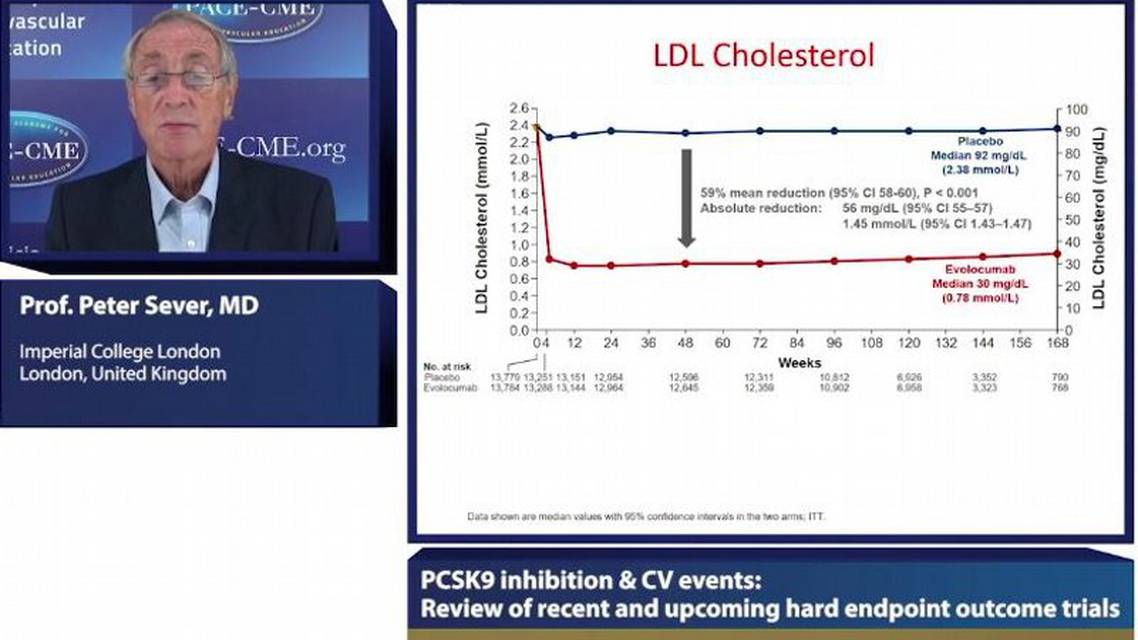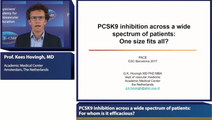Media formats available:
Recommended
- PCSK9 Inhibition & CV Outcomes: Review of Lipid Targets and Treatment StrategiesPCSK9 inhibition across a wide spectrum of patients: One size fits all?
- PCSK9 Inhibition & CV Outcomes: Review of Lipid Targets and Treatment StrategiesUnderstanding new PCSK9 outcome data: From the LDL-C hypothesis to LDL-c causality






